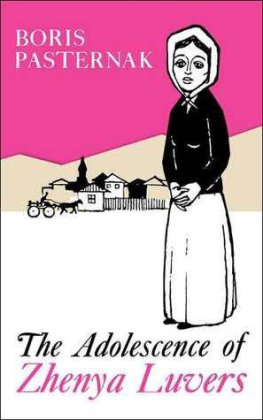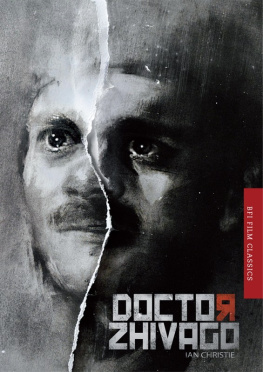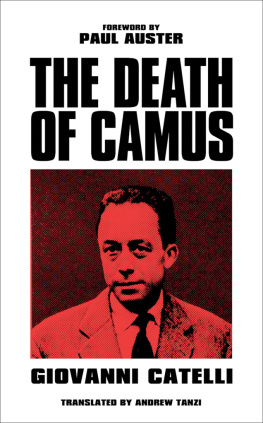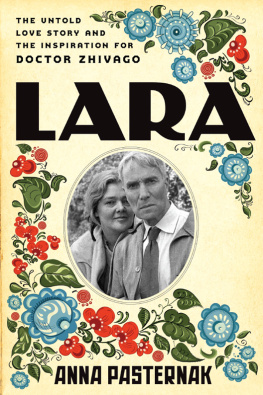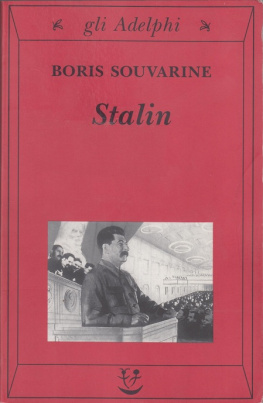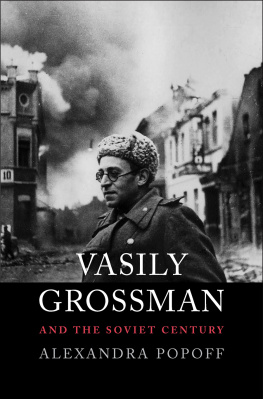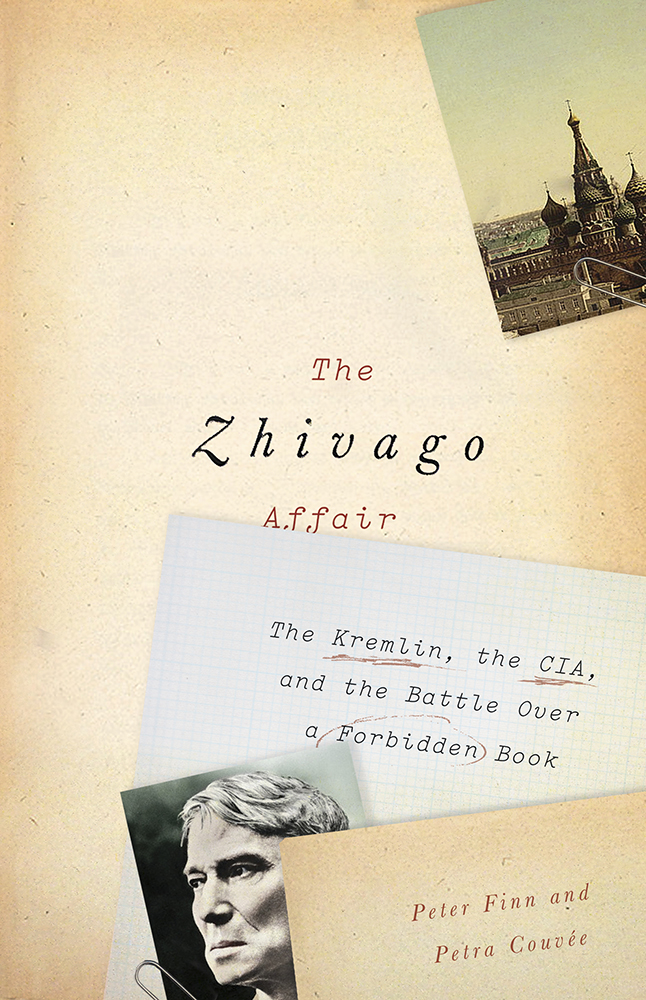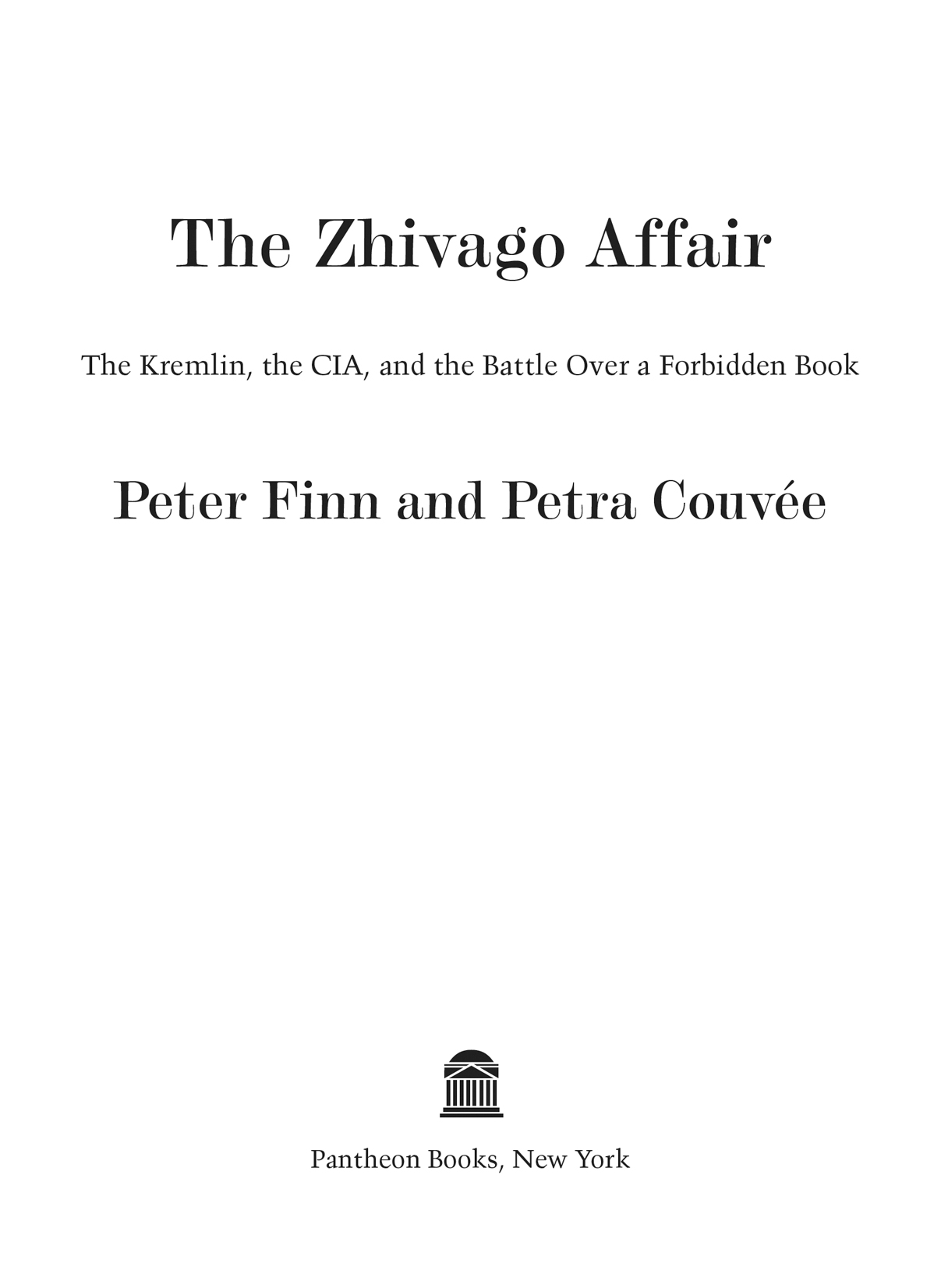Copyright 2014 by Peter Finn and Petra Couve
All rights reserved. Published in the United States by Pantheon Books, a division of Random House LLC, New York, and in Canada by Random House of Canada Limited, Toronto, Penguin Random House companies.
Pantheon Books and colophon are registered trademarks of Random House LLC.
Grateful acknowledgment is made to the following for the permission to reprint previously published material:
Doubleday: Autumn, The Earth, and Lieutenant Schmidt from A Captive of Time by Olga Ivinskaya, translated by Max Hayward, copyright 1978 by Doubleday & Company, Inc. Reprinted by permission of Doubleday, a division of Random House LLC. All rights reserved.
Houghton Mifflin Harcourt Publishing Company: Excerpt from Feltrinelli: A Story of Riches, Revolution and Violent Death by Carlo Feltrinelli, translated by Alastair McEwan. Copyright 1999 by Giangiacomo Feltrinelli. Translation copyright 2001 by Alastair McEwen. Excerpt from Meetings with Pasternak: A Memoir by Alexander Gladkov, translated by Max Hayward. Copyright 1977 by Alexander Gladkov. Translation copyright 1978 by Max Hayward. Reprinted by permission of Houghton Mifflin Harcourt Publishing Company. All rights reserved.
Pantheon Books: August and Winter Night from Doctor Zhivago by Boris Pasternak, translated by Richard Pevear and Larissa Volokhonsky, translation copyright 2010 by Richard Pevear and Larissa Volokhonsky. Hamlet from Doctor Zhivago by Boris Pasternak, translated by Max Hayward and Manya Harari, translation copyright 1958 by William Collins Sons and Co. Ltd., copyright 1958 by Pantheon Books Inc. Reprinted by permission of Pantheon Books, an imprint of the Knopf Doubleday Publishing Group, a division of Random House LLC. Underlying rights to Doctor Zhivago by Boris Pasternak, copyright 1957 by Giangiacomo Feltrinelli Editore, Milano, Italy, copyright The Heirs of Boris Pasternak, granted by Feltrinelli and the agents for the Estate of Pasternak. Reprinted by permission of the heirs of Boris Pasternak and Giangiacomo Feltrinellu Editore, Milan. All rights reserved.
Random House Group Limited: Excerpts from Boris Pasternak: The Tragic Years, 19301960 by Evgeny Pasternak, translated by M. Duncan. Reprinted by permission of The Random House Group Limited.
Simon & Schuster, Inc.: Excerpt from Hope Against Hope: A Memoir by Nadezha Mandelstam, translated from the Russian by Max Hayward. Copyright 1970 by Atheneum Publishers. Reprinted by permission of Scribner Publishing Group. All rights reserved.
Library of Congress Cataloging-in-Publication Data
Finn, Peter, [date]
The Zhivago affair : the Kremlin, the CIA, and the battle over a forbidden book / Peter Finn and Petra Couve.
pages cm
Includes bibliographical references and index.
HC ISBN 978-0-307-90800-1. EBK ISBN 978-0-307-90801-8.
1. Pasternak, Boris Leonidovich, 18901960. Doktor Zhivago. 2. Pasternak, Boris Leonidovich, 18901960Censorship. 3. Authors, Russian20th centuryBiography. 4. DissentersSoviet UnionBiography. 5. Prohibited booksSoviet UnionHistory. 6. Politics and literatureSoviet UnionHistory. 7. United States. Central Intelligence AgencyHistory20th century. 8. Soviet UnionForeign relationsUnited States. 9. United StatesForeign relationsSoviet Union. 10. Soviet UnionPolitics and government19531985. I. Couve, Petra. II. Title.
PG3476.P27D6837 2013 891.7342dc23 2013033875
www.pantheonbooks.com
Jacket images: (Boris Pasternak) Bettmann/Corbis; (Kremlin, Moscow) Courtesy of the Library of Congress, Washington, D.C.
Cover design by Mark Abrams
v3.1
For Nora FitzGerald, and our children, Rachel, Liam, David, and Ria
and
For Koos Couve and Paula van Rossen
Contents
Prologue
This is Doctor Zhivago. May it make its way around the world.
O n May 20, 1956, two men took the suburban electric train from Moscows Kiev station to the village of Peredelkino, a thirty-minute ride southwest of the city. It was a blue-sky Sunday morning. Spring had pushed the last of the snow away just the previous month, and the air was sweet with the scent of blooming lilac. Vladlen Vladimirsky, easily the bigger of the two, had bright blond hair and wore the billowing pants and double-breasted jacket favored by most Soviet officials. His slender companion was clearly a foreignerRussians teased the man that he was a stilyaga, or style maven, because of his Western clothing. Sergio DAngelo also had the kind of quick smile that was uncommon in a country where circumspection was ingrained. The Italian was in Peredelkino to charm a poet.
The previous month DAngelo, an Italian Communist working at Radio Moscow, read a brief cultural news item noting the imminent publication of a first novel by the Russian poet Boris Pasternak. The two-sentence bulletin told him little except that Pasternaks book promised to be another Russian epic. The novel was called Doctor Zhivago.
Before leaving Italy, DAngelo had agreed to scout out new Soviet literature for a young publishing house in Milan that had been established by a party loyalist, Giangiacomo Feltrinelli. Getting the rights to a first novel by one of Russias best-known poets would be a major coup both for himself and the new publishing concern. He wrote a letter to an editor in Milan in late April, and before receiving a reply asked Vladimirsky, a colleague at Radio Moscow, to set up a meeting with Pasternak.
Peredelkino was a writers colony built on the former estate of a Russian nobleman. Set down amid virgin pine, lime trees, cedars, and larches, it was created in 1934 to reward the Soviet Unions most prominent authors with a retreat that provided escape from their apartments in the city. About fifty country homes, or dachas, were built on large lots on 250 acres. Writers shared the village with peasants who lived in wooden hutsthe women wore kerchiefs and men rode on horse-drawn sleds.
Some of the biggest names in Soviet letters lived in Peredelkinothe novelists Konstantin Fedin and Vsevolod Ivanov lived on either side of Pasternak. Kornei Chukovsky, the Soviet Unions most beloved childrens-book writer, lived a couple of streets away as did the literary critic Viktor Shklovsky. As idyllic as it looked, the village was haunted by its dead, those executed by the state during the Great Terror of the late 1930sthe writers Isaak Babel and Boris Pilnyak were both arrested at their dachas in Peredelkino. Their homes were handed off to other writers.
According to village lore, Soviet leader Joseph Stalin had asked Maxim Gorky, the father of Soviet literature and one of the founders of the socialist-realist school of writing, how his counterparts in the West lived. When Gorky said they lived in villas, Peredelkino was ordered up by Stalin. Legend or not, writers were a privileged caste. They were organized into the nearly four-thousandstrong Union of Soviet Writers, and lavished with perks unimaginable for ordinary Soviet citizens, who often lived in tiny spaces and suffered through long lines for basic goods. Entrapping writers within a cocoon of comforts, surrounding them with a network of spies was how Chukovsky described the system.


